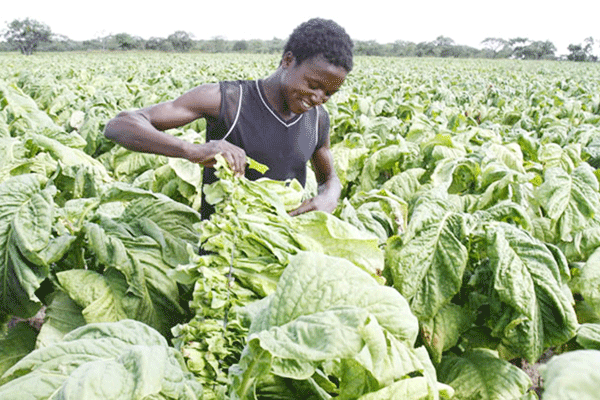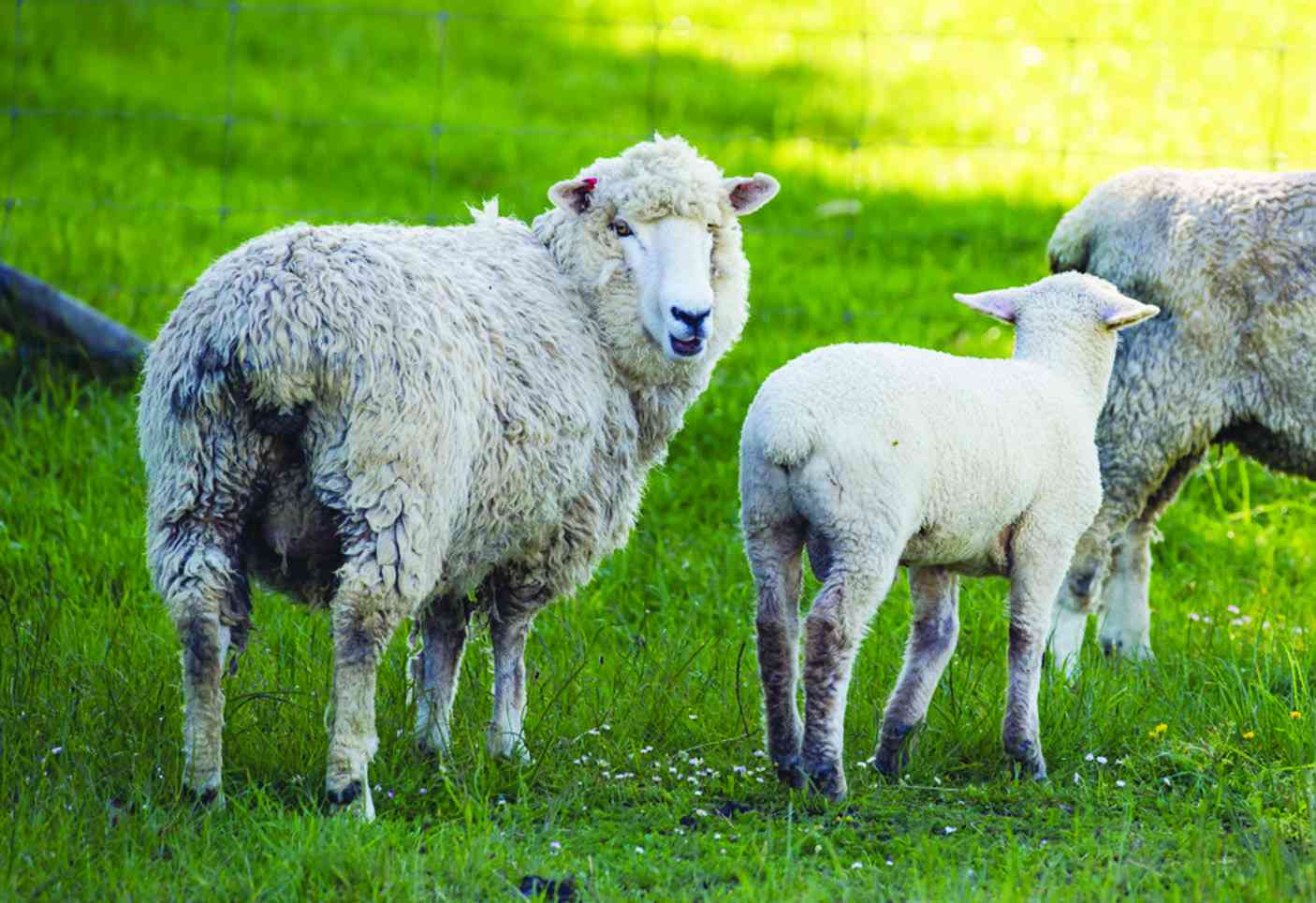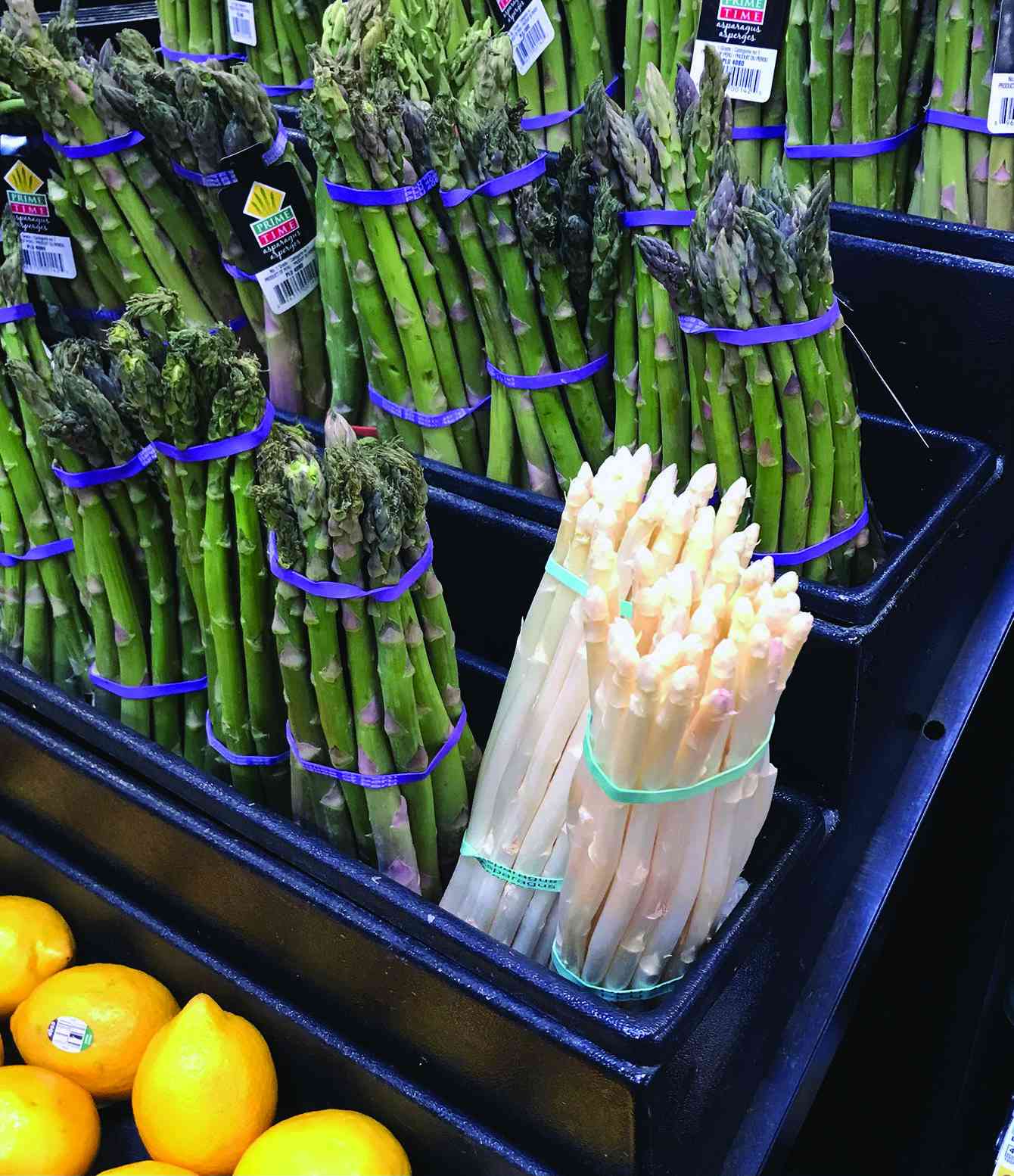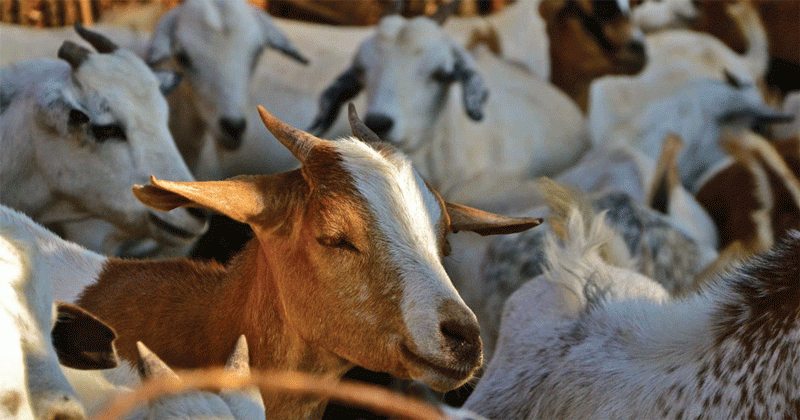
The economy of Zimbabwe rebounded last year and a huge contribution to the economic rebound by the agricultural sector. The GDP of the country grew by 5.8% last year after contracting by 6.2% in 2020. The high growth in the GDP was a result of a good agricultural season and slow inflation. Further, the vaccination drive played a critical role along with the ease of the pandemic restrictions. Also, the industrial production and exports of Zimbabwe were commendable owing to the favourable trade laws.
The Transformation Of The Agricultural Sector In ZimbabweThe 2021 ensured surplus in Zimbabwe and this surplus had benefited the economy of the country hugely. The agricultural sector in the country is seeing a change in the demography of the workers working in the fields. FOr instance, 57% of the women and 47% of the men in the age bracket between 20 and 31 are engaging in agricultural activities growing fruits and rearing livestock. The welcome change was brought by Emmerson Mnangagwa who adopted policies to attract more educated and young people to farming. This is better than conducting events like Lottery Sambad and Dhankesari for giving economic help to the people simply because the former is a more sustainable way of providing financial assistance to the youth. In addition to that, entrepreneurship in the country is moving beyond the traditional office to encompass the agricultural sector.
The agricultural sector of Zimbabwe is giving opportunities to the youth to earn money. This also improves the employment rate in the country considering the fact that the number of graduates is more in comparison to the number of jobs available. Also, it needs to be noted that the government is providing financial subsidies to all the young farmers. Further, the youths of Zimbabwe are not only practising age-old farming but are shifting to sustainable farming. The power of social media has also come into play in attracting the youth of Zimbabwe to engage in farming. Many Zimbabwean graduates have started posting about their farming lifestyle on different social media platforms encouraging others to do the same.
Role Of Agriculture In The Zimbabwean EconomyThe economy of Zimbabwe is highly dependent on the agricultural sector. Approximately 70% of the population is dependent on agriculture and also, and this sector contributes to almost 40% of all the export revenue. Therefore, there is a direct relationship between the agricultural output and the economic growth of the country.
The pandemic took a huge hit in Zimbabwe and the country entered an economic recession. Thankfully, the weather condition favoured good agricultural recovery which in turn, contributed to economic recovery. Not only the agricultural success resulted in economic recovery but also, it helped reduce the food insecurity in the country. The food security of the country is so stable that it can feed the entire population till the next year, which in itself is a huge accomplishment.
Thanks to the agricultural sector, the economy of Zimbabwe is recovering. The maize yield in the country last year was 2.7 million tonnes, which is triple the harvest of 2020. The maize harvest alone played a critical role in the economic recovery of the country. Further, the government announced a complete ban on the import of maize due to the surplus that saved the government an approximate amount of US $300 million.
The Success Of The Agricultural SectorThe success of the agricultural sector of Zimbabwe can be attributed to favourable weather conditions and the support of the government in the form of programmes and policies. Maize and grain which are largely dependent on rain enjoyed a nice rainfall in the past year. However, this condition is dependent on luck but the government support is something that is consciously decided to benefit the economy of the country. In recent years, the government has joined hands with the private sector and non-governmental agencies to develop different agricultural schemes.
The agricultural schemes are mostly aimed at the efficient use of resources. This scheme is popularly known as Pfumvudza and it was largely promoted in 2020-2021 and the result of the same is visible. Also, through the Command Agricultural scheme, the farmers managed to lay their hands on subsidized inputs like fuels, chemicals, seeds and fertilizer. The government of Zimbabwe has cracked the code to unleash the potential of the agricultural sector and the same is helping the country immensely.











